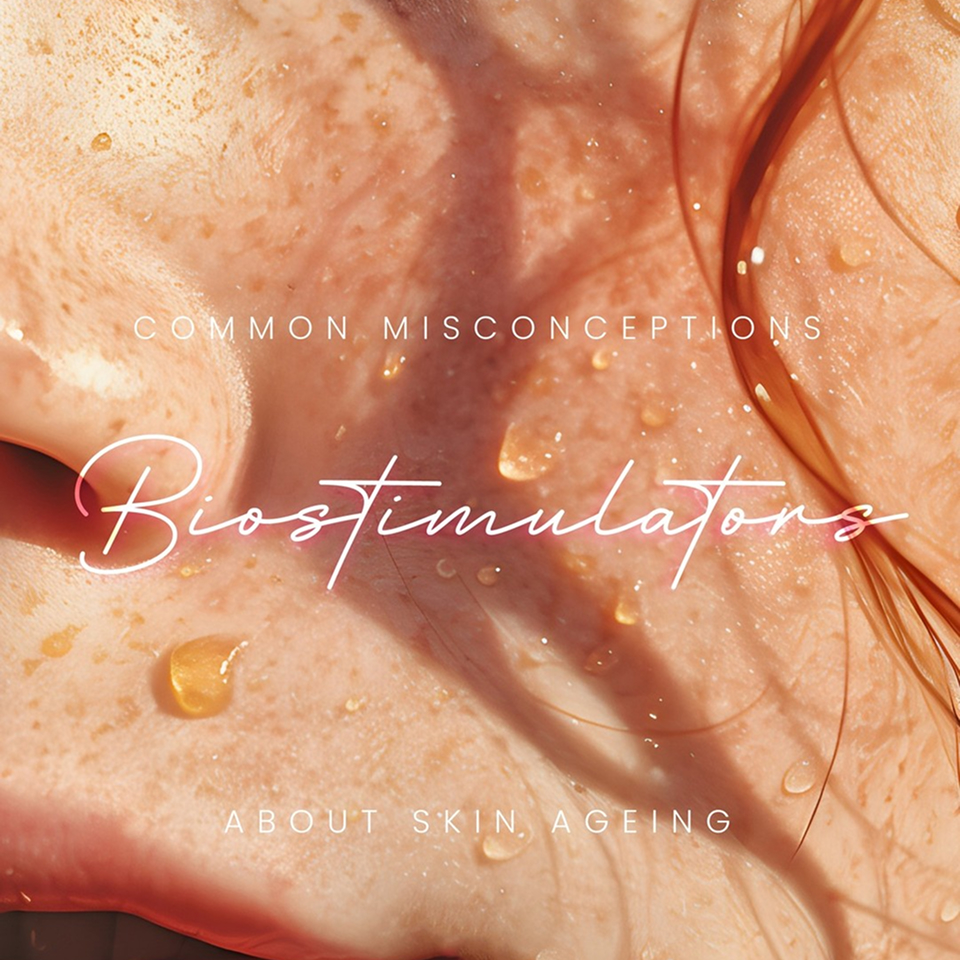Bleeding after intercourse, also known as post-coital bleeding, may result from a variety of cervical, vaginal, or uterine causes. Evaluation helps determine the underlying reason and guide appropriate care.
Private Medical Consultation
Your doctor will take time to understand your symptoms, sexual health, and medical background in a safe and respectful setting.















